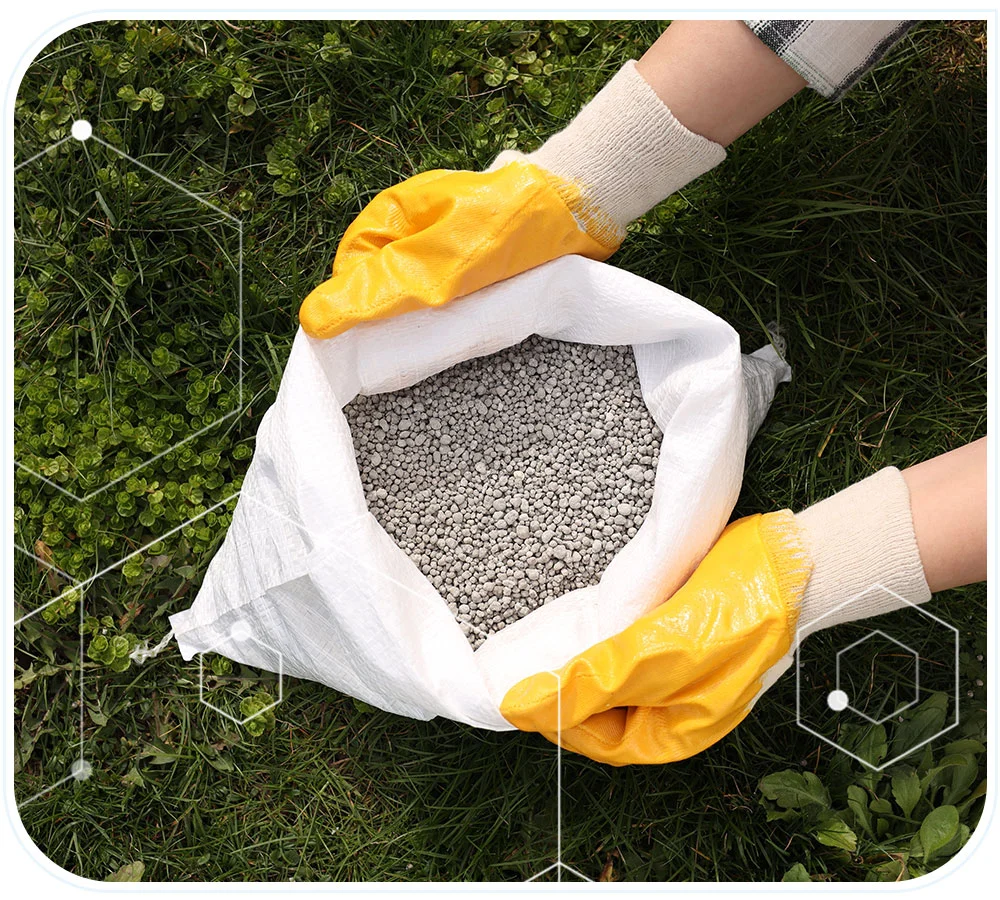Fertilizer regulations or fertilizer registration vary widely from one country to another, turning cross-border compliance into more than just a bureaucratic process. It’s a strategic obstacle that can stall product launches and complicate expansion into new markets. As agricultural innovation advances faster than regulatory frameworks, businesses need to manage compliance with both technical accuracy and forward-looking strategy.
A fertilizer registration consultant steps in to guide teams through this complex terrain, bridging regulatory gaps and helping businesses move forward with confidence.
Understanding the Complexity of Cross-Border Fertilizer Compliance
Each country has its own registration pathways, testing protocols, data requirements, and approval timelines. For instance, in North America alone, a product may require registration at both federal and state levels, with varying documentation standards and timelines.
For manufacturers and distributors operating across jurisdictions like the U.S., Canada, and Mexico, the regulatory landscape can quickly become a source of delay and frustration. Even experienced internal teams may find themselves overwhelmed by differing interpretations, language-specific label formats, or conflicting compliance calendars.
Enrich your scroll with one more read we think is worth it.
The Consultant’s Role in Reducing Regulatory Risk
A fertilizer registration consultant does not just prepare paperwork; they manage the entire lifecycle of compliance across all markets. This includes:
- Identifying country-specific submission requirements
- Aligning formulations and labels with each jurisdiction’s standards
- Managing application timelines to avoid business delays
- Tracking renewals and updates to ensure ongoing compliance
They act as a bridge between your technical team and regulators, translating complex scientific data into language that meets government expectations. In doing so, they prevent costly mistakes such as omissions, misclassifications, or invalidated test results.
Why Multi-Country Submissions Often Fail
Experts estimate that most regulatory submissions require revisions before approval. Reasons include:
- Inconsistent product labelling across markets
- Incomplete or outdated supporting documentation
- Misalignment with local testing or data protocols
- Failure to consider differences in allowable claims or active ingredients
These delays are preventable when the registration process is handled strategically and reviewed from a cross-border perspective.
Streamlining the Process: Best Practices for Global Fertilizer Compliance
When working with international product portfolios, a structured and proactive approach is essential. Based on industry experience and proven processes, here are some best practices a fertilizer registration consultant applies:
- Consolidate Data Early – Regulatory submissions often rely on studies, technical specifications, and safety data. Gathering these in advance allows for faster adaptation to local requirements.
- Label Harmonisation – Harmonizing labels reduces versioning errors and ensures brand consistency across markets while staying compliant with region-specific language and formatting rules.
- Track Regulatory Updates – A consultant actively monitors changes in agricultural regulations and informs you when updates impact existing registrations.
- Centralise Communication – When managing submissions across multiple agencies, having one point of contact prevents miscommunication and documentation gaps.
- Plan for Renewals – Multi-year product lifecycles require consistent tracking of renewal dates, re-evaluation rules, and changes in classification. A consultant maintains this continuity.
Real-World Impact: Managing Compliance Across North America
Consider a scenario where a manufacturer registers a new fertilizer product in the U.S., Canada, and Mexico. Without a centralized compliance strategy, the team might:
- Miss the province-specific rules in Canada.
- Submit unsupported claims under U.S. EPA guidelines.
- Misinterpret ingredient thresholds in Mexican regulations
A seasoned fertilizer registration consultant ensures the product is reviewed from all jurisdictional angles, aligning technical and legal requirements upfront, avoiding rejection, and keeping timelines on track.
Confidently Navigate Global Fertilizer Compliance with Expert Guidance
Cross-border fertilizer compliance requires more than knowledge of local laws; it demands a strategic, informed approach that reduces risk and preserves time-to-market advantage. A fertilizer registration consultant offers the guidance and technical expertise to keep your products legally aligned, wherever you operate.
By partnering with an experienced consultant, teams can navigate the regulatory maze with confidence, reduce resubmissions, and focus on innovation, not paperwork.
FAQ: Fertilizer Registration Consultant
1. What does a fertilizer registration consultant do?
A fertilizer registration consultant manages the end-to-end process of regulatory compliance for fertilizer products. This includes preparing applications, aligning labels, coordinating with agencies, and ensuring products meet federal, state, and international requirements.
2. Do I need a consultant if I only sell fertilizer in one country?
Yes. Even within a single country, such as the U.S., fertilizer products often require separate registrations at federal and state levels. A consultant ensures consistency and reduces the risk of rejection or delays.
3. How can a fertilizer registration consultant help with international expansion?
They simplify cross-border compliance by identifying overlapping requirements, managing document translations, and meeting each jurisdiction’s regulatory standards without duplicating effort.
4. What documents are typically needed for fertilizer registration?
You will usually need product specifications, safety data sheets, efficacy or nutrient analysis reports, and compliant product labels. A consultant guides you through this checklist and ensures accuracy before submission.
5. How do I choose the right fertilizer registration consultant?
Look for consultants with cross-border experience, a proven track record in your product category, and an understanding of regional agricultural laws. Industry recognition and client testimonials also indicate credibility.
Browse all categories in one place by returning to 2A Magazine.







